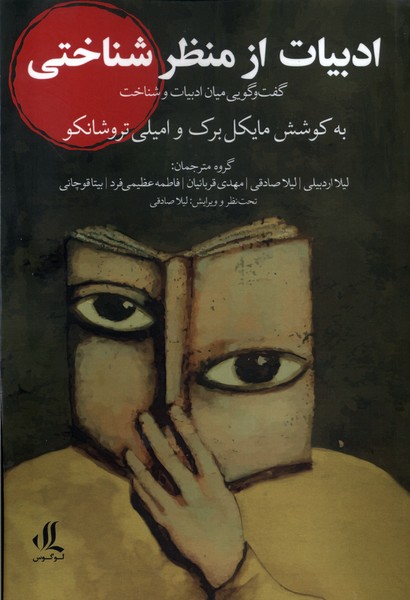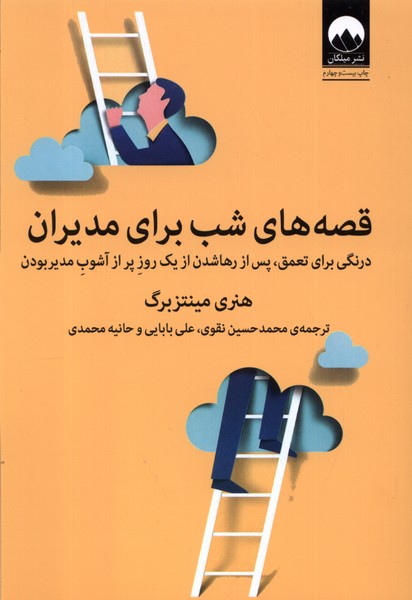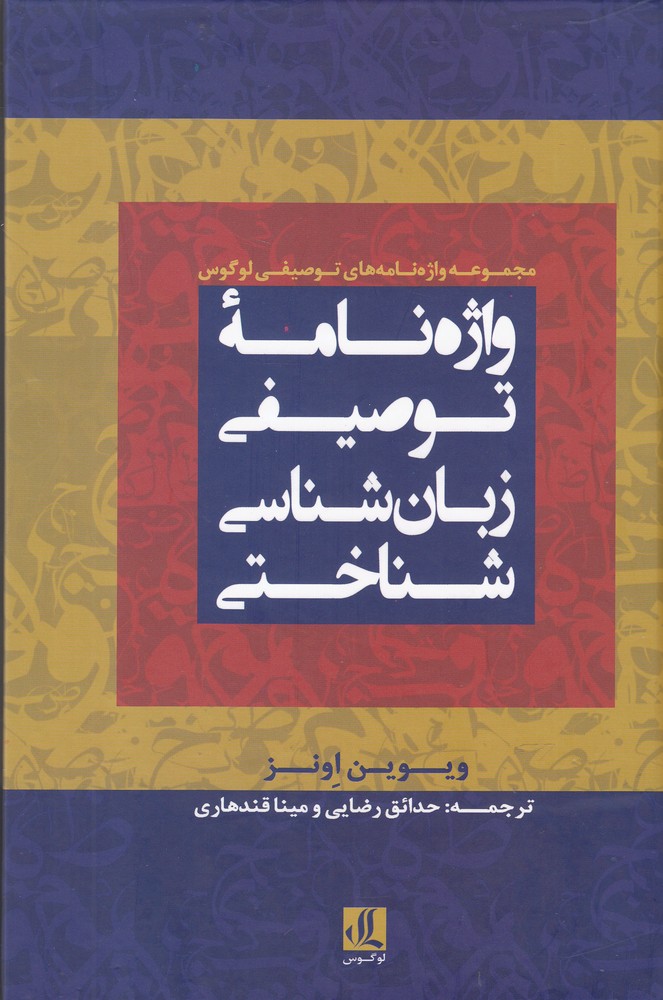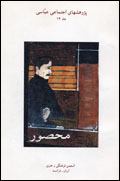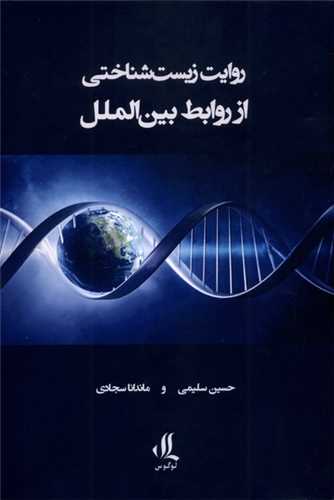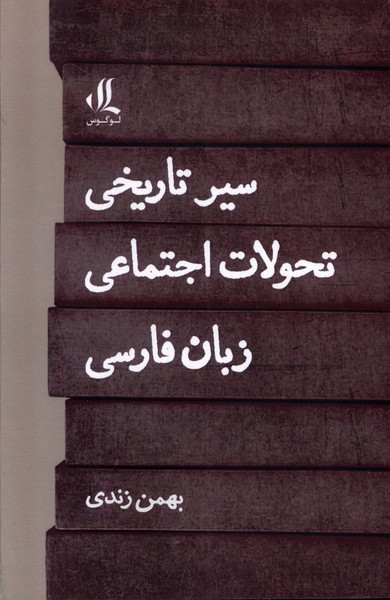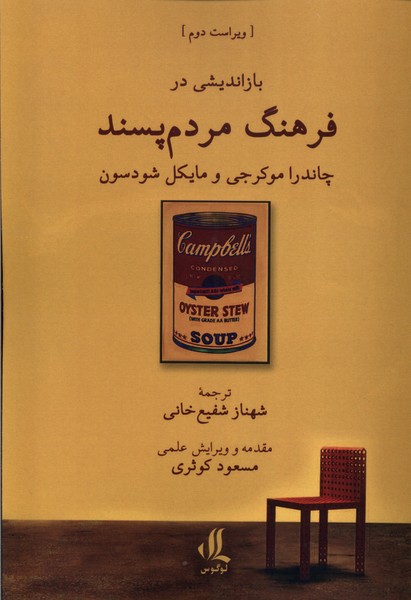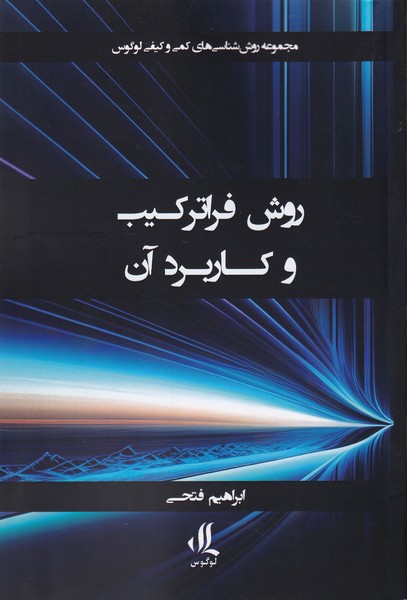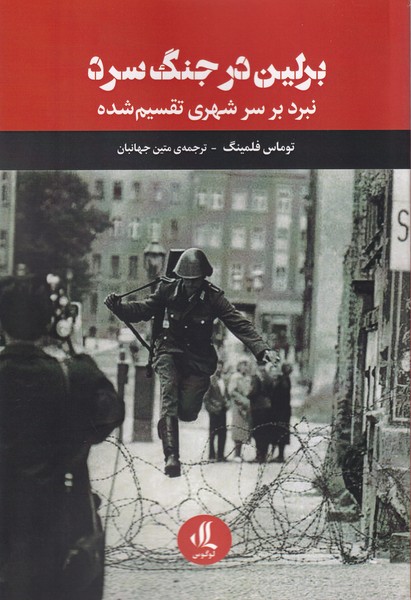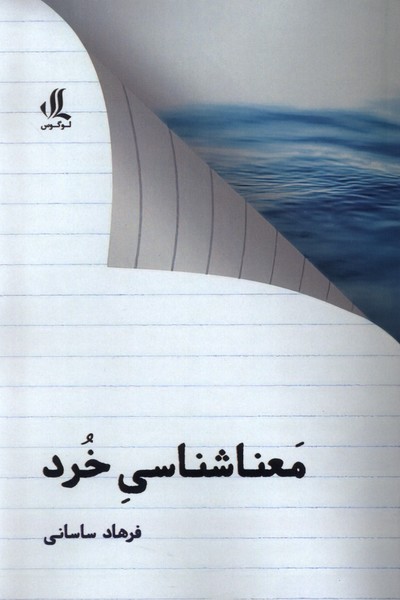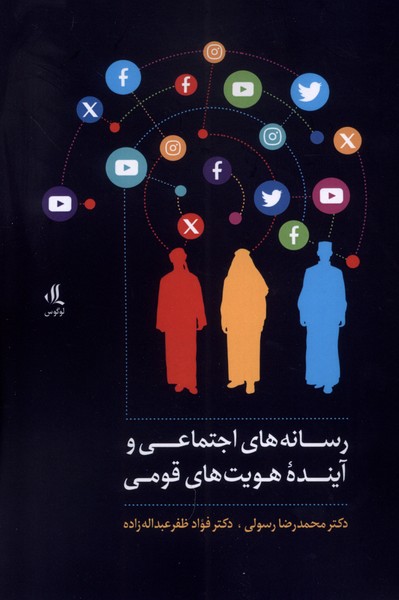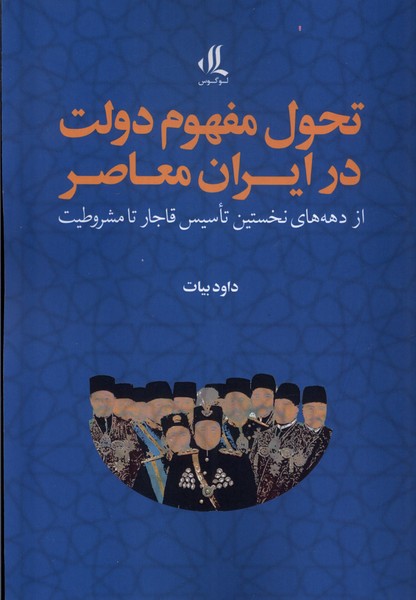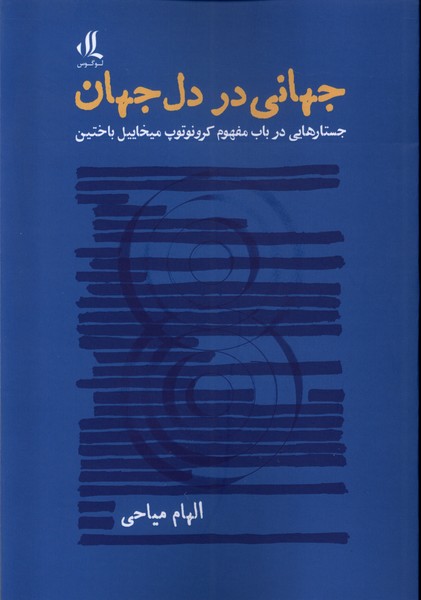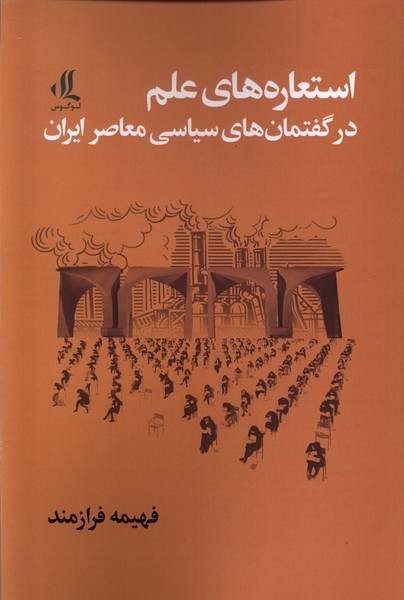ادبیات از منظر شناختی الفارسية 1444
Adabīyāt az Manẓar-i Shinākhtī
22٫92 $
مشاركة
Wishlist
العنوان الأصلي:
Cognitive Literary Science: Dialogues between Literature and Cognition
ISBN رقم:
9786227825930
المترجم:
Laylā Ardabīlī
,
Various Translators
الناشر:
Lugus
الفئة العمرية:
البالغون
الصفحات:
485
الوزن:
384 g
أبعاد المنتج:
14 x 21 x 4٫5 cm
غلاف الكتاب:
غلاف ورقی
This book brings together researchers with cognitive-scientific and literary backgrounds to present innovative research in all three variations on the possible interactions between literary studies and cognitive science. The tripartite structure of the volume reflects a more ambitious conception of what cognitive approaches to literature are and could be than is usually encountered, and thus aims both to map out and to advance the field. The first section corresponds to what most people think of as "cognitive poetics" or "cognitive literary studies": the study of literature by literary scholars drawing on cognitive-scientific methods, findings, and/or debates to yield insights into literature. The second section demonstrates that literary scholars needn't only make use of cognitive science to study literature, but can also, in a reciprocally interdisciplinary manner, use a cognitively informed perspective on literature to offer benefits back to the cognitive sciences. Finally,
the third section, "Literature in cognitive science", showcases some of how literature can be a stimulating object of study and a fertile testing ground for theories and models, not only to literary scholars but also to cognitive scientists, who here engage with some key questions in cognitive literary studies with the benefit of their in-depth scientific knowledge and training.
more
این کتاب پژوهشگرانی را با پیشینههای شناختی-علمی و ادبی گرد هم میآورد تا تحقیقات نوآورانهای را در این سه زمینه پیش روی مخاطبان احتمالی مطالعات ادبی و علوم شناختی قرار دهد. ساختار سهجانبهی این کتاب، مفهوم بلندپروازانهتری را از آنچه رویکرد شناختی به ادبیات به شمار میآید، منعکس میکند. بخش اول کتاب، مطابق با رویکردی است که «شعرشناسی شناختی» یا «مطالعات ادبی شناختی» نامیده میشود و عبارت است از مطالعهی ادبیات از سوی محققان ادبی و با استفاده از روشها، یافتهها و بحثهای شناختی-علمی تا بینشهای تازهای در حیطهی ادبیات پیش روی مخاطب قرار گیرد. بخش دوم نشان میدهد که محققان ادبی برای بررسی ادبیات صرفن به مطالعهی علوم شناختی نمیپردازند، بلکه میتوانند به شیوهای بینارشتهای، و دیدگاهی آگاهانه شناختی در ادبیات، امکاناتی را به علوم شناختی ارائه دهند.. در نهایت، در بخش سوم، که به «ادبیات در علوم شناختی» میپردازد، ادبیات میتواند موضوعی برای مطالعهی نظریهها و الگوهای متفاوت شناختی باشد، که این بخش، نهتنها برای محققان ادبی، بلکه برای دانشمندان علوم شناختی نیز کاربرد دارد. در اینجا با بهرهمندی از دانش و آموزش علمی، به پرسشهای کلیدی در مطالعات ادبی شناختی پرداخته میشود.
more

